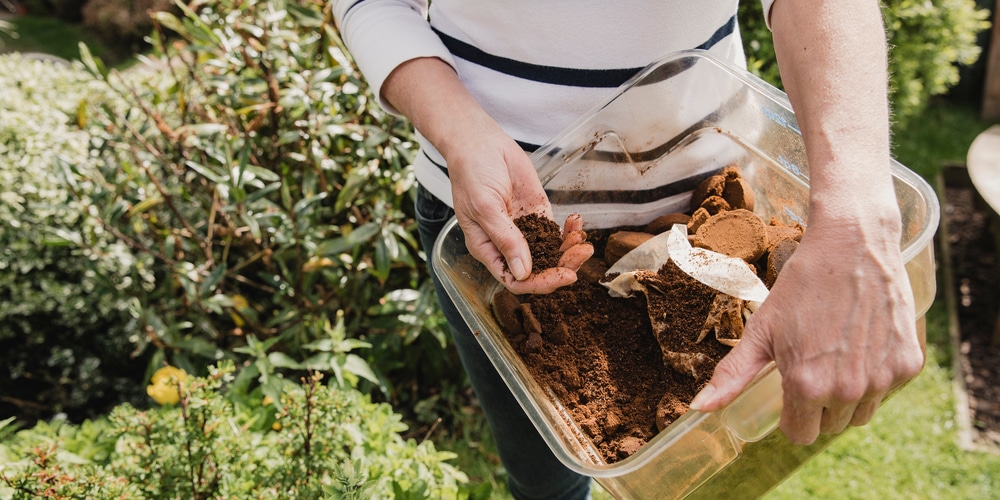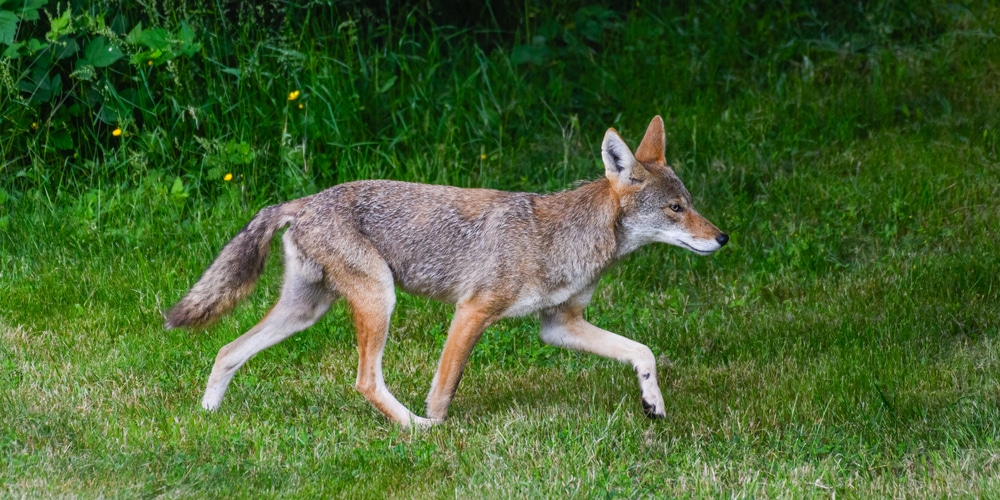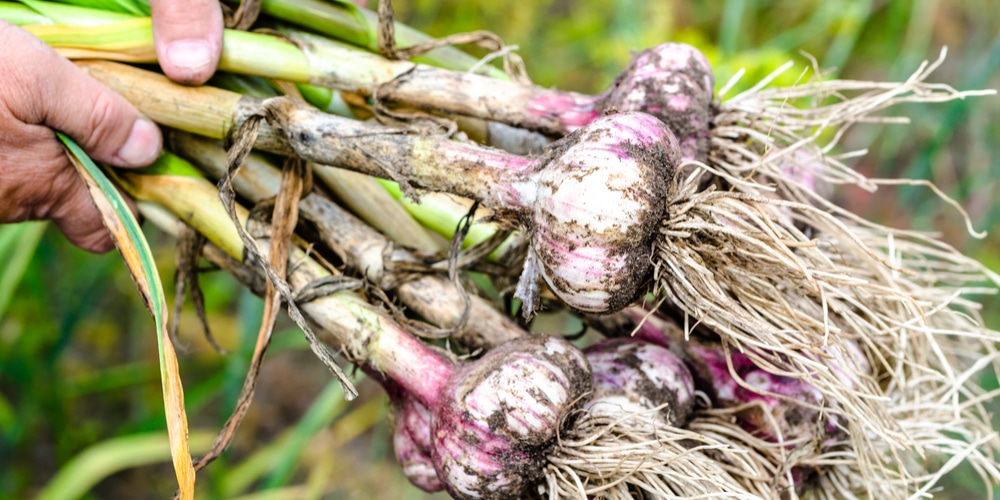Hazel groves are not the only ones that want chipmunks to stay several yards away from them. In fact, these rodents can cause crop and infrastructure damage. And yet, most people do not want to murder those little creatures. Instead, they look for animal-friendly solutions to prevent squirrel damage.
The less harmful option to repel chipmunks is taking advantage of this species’ wide array of olfactory receptor genes. In other words, what smells do chipmunks hate? As it turns out, not every squirrel reacts badly to certain smells. For example, some of them may find mothballs repulsive. But others are ok with them, even though they cannot stand the scent of blood meal. Or other odors.
Here are nine smells you should definitely try out to keep your chipmunks away.
What Smells Do Chipmunks Hate?
1. Ammonia
Most humans cannot tolerate the smell of ammonia. And apparently, neither chipmunk can.
If you put ammonia-soaked rags around your plants and flowers, most chipmunks will stay away from them. This solution works well and can protect small spaces with no other access point.
Sadly, ammonia is a corrosive substance that can hurt your lungs, eyes, and skin. So use it with caution and do not let pets and children go near those ammonia-ringed areas unsupervised.
2. Blood Meal
In essence, blood meal is dry animal blood. Usually, it comes from cows and hogs. Manufacturers may also collect it from several slaughterhouses. But in the end, they let the blood dry into a powder form and then sell it.
You may already know that blood meal is an excellent fertilizer. But you had better use it sparingly because it can burn your plants fast because of its high nitrogen content. However, it is a chipmunk repellent you can try, thanks to its unmistakable odor.
Try sprinkling your flowerbeds with some blood meal next time you sow some flowers. Of course, do not exceed the recommended usage as the organic nitrogen will seep into the ground and might burn the flower’s roots.
Raised beds are highly recommendable to repel chipmunks safely. The higher position will help the smell spread further away. As a result, squirrels, rabbits, deers, and other neighboring animals will sense the reek of a dead animal nearby. So, they will want to stay away.
3. Cayenne Pepper
This pungent spice contains capsaicin. In brief, capsaicin is the active chemical component that gives you that burning sensation in your mouth and sweat on your face when you eat peppers. So, you might have already guessed why chipmunks will not be happy to smell it around.
Cayenne pepper is an inexpensive solution you can try at any moment. But it requires frequent reapplications. On the bright side, it works against ants and bugs, too. So, keep it at hand, especially in the warm seasons.
The best way to apply cayenne pepper to your plants and flowers is to mix cayenne pepper powder with water and use a spray bottle. On top of that, you can sprinkle it on the ground in places where the rain will not easily wash it away.
In case your chipmunks dig spicy vegetables and fruits, try powered that punch a higher number on the Scoville heat scale. After all, cayenne pepper has only 25,000 to 50,000 SHU.
4. Coffee Grounds
Some chipmunks freeze when they smell coffee. Coffee grounds seem to work wonderfully for some squirrels that cannot stand their smell.
Some people hypothesize that they run away because coffee increases heart rate, and these skittish critters do not like that.
5. Cornmint Oil
Cornmint oil is an extract from the Mentha Arvensis and appears in several commercial animal repellent products. It has a slightly less pungent odor than peppermint, which is a more expensive alternative in some cases.
Together with neem oil, cornmint oil creates a barrier that stuns most chipmunks. The only downside is that the oil solutions become less effective in a matter of hours. So, you might get good results for a while, but see a squirrel jumping around the ointed areas the very next minute. Plus, oils do not perform well during humid days.
Oily substances need warm temperatures to evaporate steadily. You can play with them until you find the right combination. And you can apply the concoction everywhere you want because these oils are non-toxic and biodegradable.
6. Coyote Urine
Urine from a coyote is an effective deterrent for wildlife in general. Above all, it works against chipmunks. Maybe because they can smell one of their worst natural enemies.
Coyotes are predators who like to feed on squirrels, raccoons, and even skunks. So, if you spray coyote urine in areas where you see a constant travel path from squirrels, the urine scent will give them the idea that a predator lurks nearby.
7. Smells Chipmunks Hate: Garlic And Vinegar
As members of the family Sciuridae, chipmunks are habitual in nature. They know what they are doing and can adapt to all sorts of food sources, including garlic. If you find that garlic alone does not repel your chipmunks, let some garlic soak in vinegar for a week.
You can experiment with white vinegar as well. Usually, this mixture works better than the individual ingredients on their own. Maybe because this mix stinks so much that it is hard not to run away from it.
Pro tip: Do not let this mixture sit in an overly heated place. Otherwise, the garlic will go bad. You do not want to deal with a rotten garlic smell. Trust me on this one!
8. Geranium Plants
Although geraniums may not be the most effective squirrel deterrent on the market, it seems to tick all the boxes of the question of what smells do chipmunks hate. Why are geraniums not effective? Because squirrels are known to dig them up and pluck each of them. Most likely, they hate them too much.
9. Smells Chipmunks Hate: Mothballs
Mothballs may be effective against chipmunks and other pests. But it is vital not to throw them in the dirt. In fact, they can poison the plants or pets that may accidentally eat them.
A single mothball contains enough naphthalene to kill a child. So, if you still want to use it, put some in a tray. You can also put them in a plastic bag with holes and hang them near your squirrels’ strategic hideouts. Hanging mothball bags is better than leaving them around. But they still need constant supervision.
Related article: Do chipmunks climb trees?



